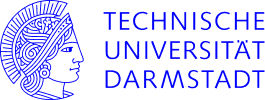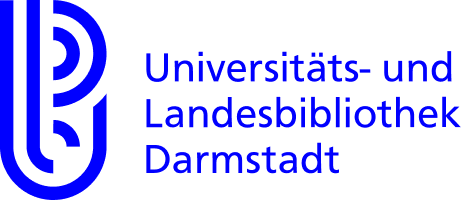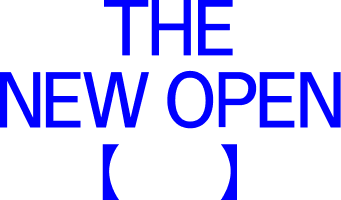DIGITAL CULTURE, RESEARCH & SOCIETY
“We need to evaluate how open data and digital technologies can play a pivotal role in enabling architects to create environmentally responsible buildings. These tools provide architects with valuable insights into the environmental impact of their designs, allowing them to make informed decisions that prioritize sustainability. By leveraging open data and digital technologies, architects can reconsider data-driven design to integrate carbon footprints, material life-cycles, and environmental data into their designs.“
Dennis Pohl
Digital technologies themselves are in a state of flux, and so are the ways in which practical and theoretical knowledge is generated and used. Knowledge in design, research or professional discourse is thus constantly being reconfigured, and with it our everyday practices of reflection, exchange and communication. These transformative processes, constituted in the field of tension between people, technology and society, shape our digital culture. This session will discuss the questions:
- How has the ubiquity of digital data and technologies impacted theoretical and practical knowledge on architectural design?
- What is the history and theory behind the integration of informatics in architecture, civil engineering, and urbanism? What techniques and processes are involved in digital design and construction, analysis, and simulation?
- How do digital cultures manifest, reflect, share, and communicate knowledge in the context of an open society, and how does this impact the fields of architecture and the built environment?
Presentations
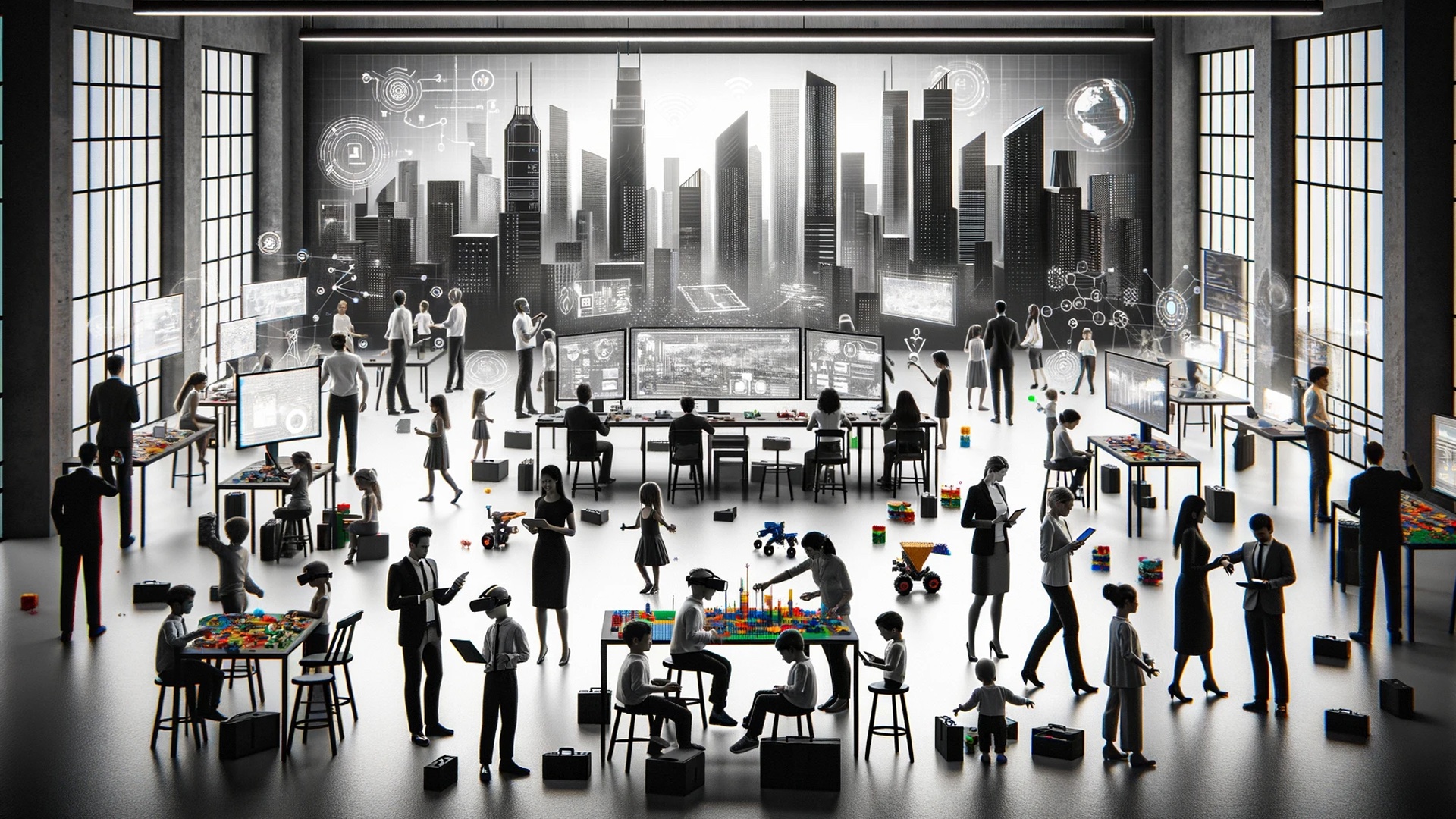
Hybrid Co-Creation →
Phygitalizing computational urban planning
Viktoria Sandor (University of Innsbruck)
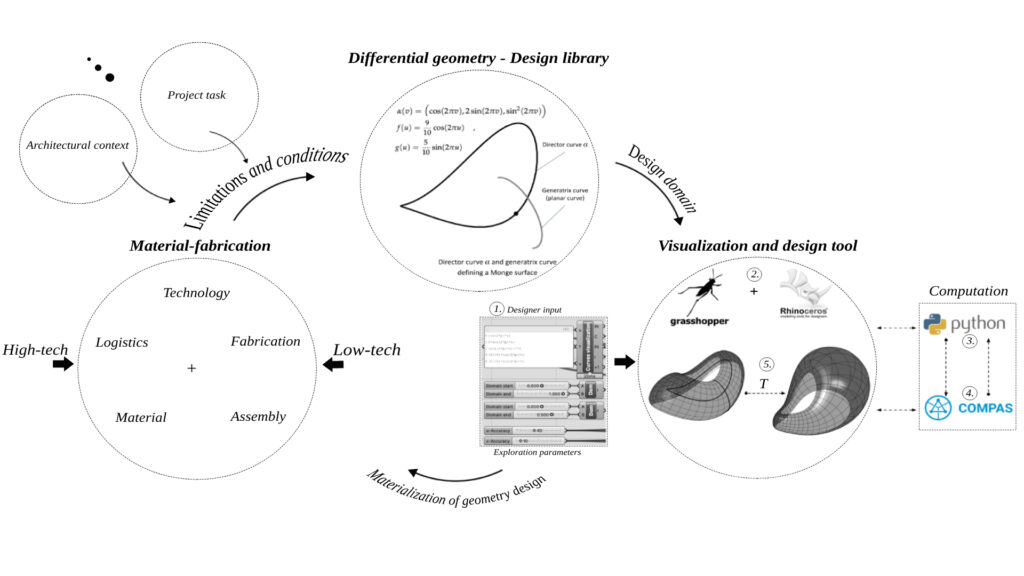
Architectural Mathematics for Parametric Design →
Zlata Tošić, Aly Abdelmagid, Ahmed Elshafei & Daniel Lordick (TU Dresden)
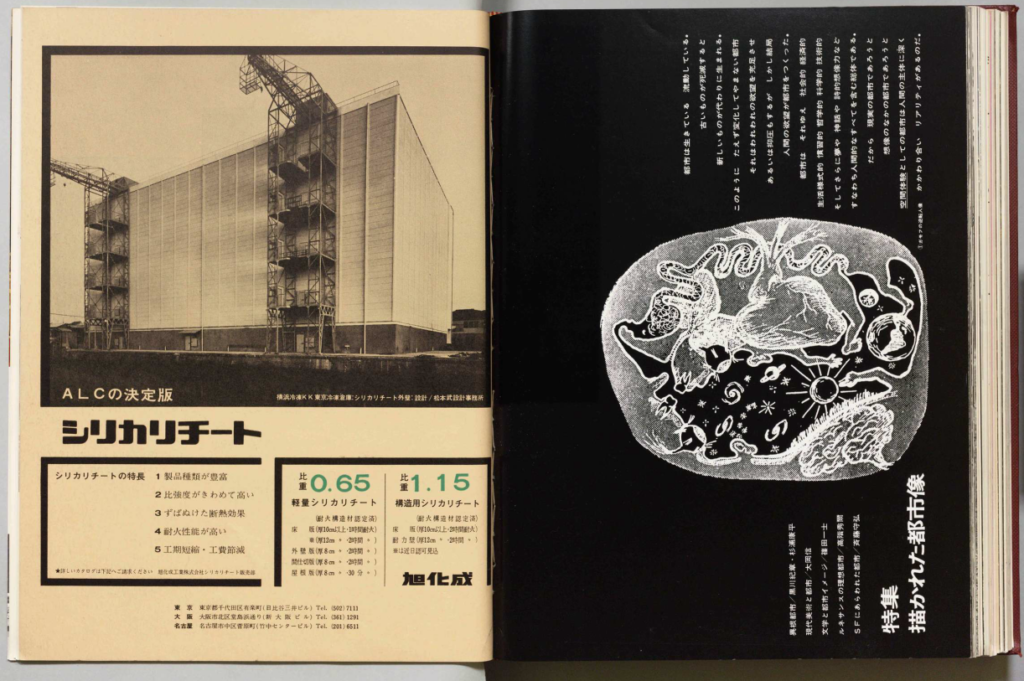
Who Owns Architecture History? →
Megacontractors and “Media Mix” in Japan
Matthew Mullane (Radboud University)
Session Hosts
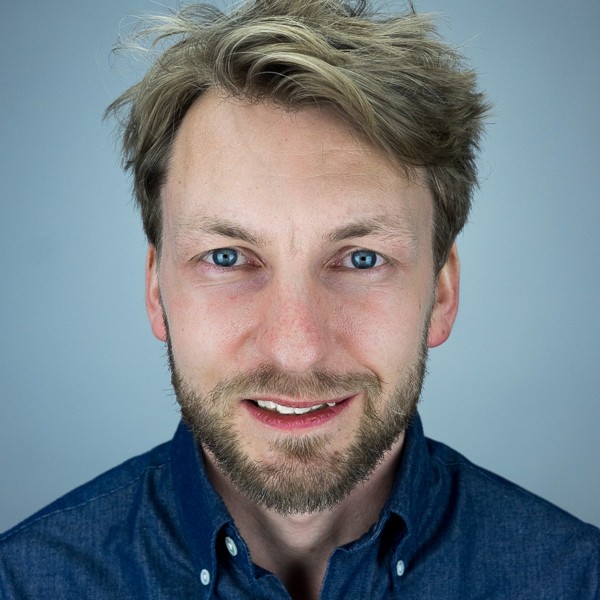
Dennis Pohl
TU Delft, Design, Data, and Society Group, The New Open
Dennis Pohl is a Postdoctoral Researcher at the TU Delft Design, Data and Society (DDS) Group, and Research Coordinator at The New Open. His research focuses on the relationship between energy, politics, and architecture of the post-war era. In his PhD research, titled “Designing Europe: The Architecture of Territory, Politics, and Institutions,” he analyzed how architectural design techniques historically impacted political planning in post-war Europe. Dennis was a research fellow within the DFG research group “Knowledge in the Arts” at the Berlin University of the Arts (2015-2018), and DAAD fellow at the Graduate School of Architecture, Planning and Preservation at Columbia University New York (2018), and was awarded a fellowship as part of the LOEWE project “Architectures of Order,” at Goethe University Frankfurt (2022).
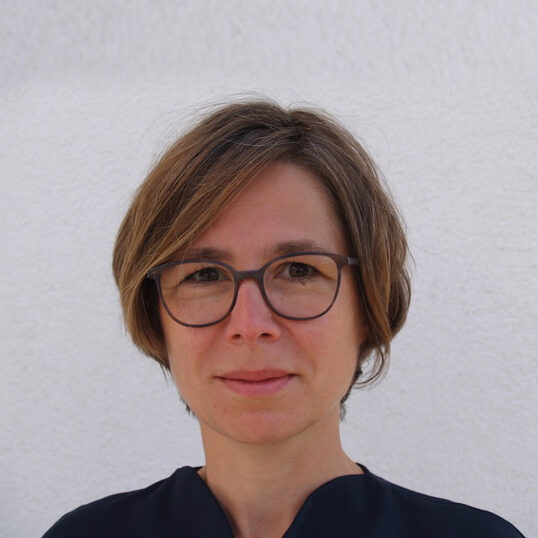
CHRIS DÄHNE
Goethe University Frankfurt a.M., TU Darmstadt, ULB Darmstadt, FID BAUdigital
Chris Dähne is a researcher in architecture history in the LOEWE cluster Architectures of Order at Goethe University Frankfurt a. M., in the Center of Critical Studies in Architecture (CCSA) and in the DFG project FID BAUdigital at TU Darmstadt.

